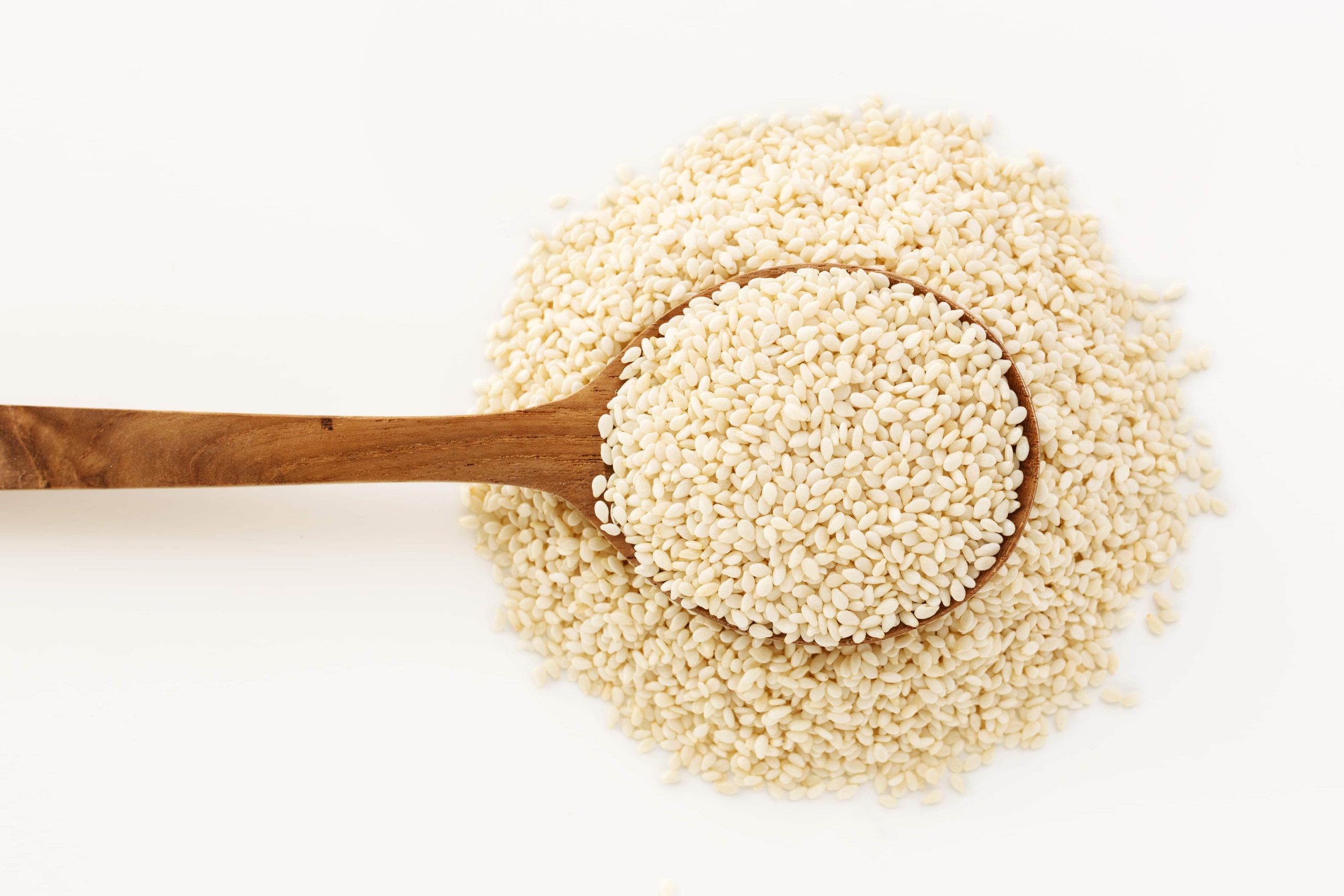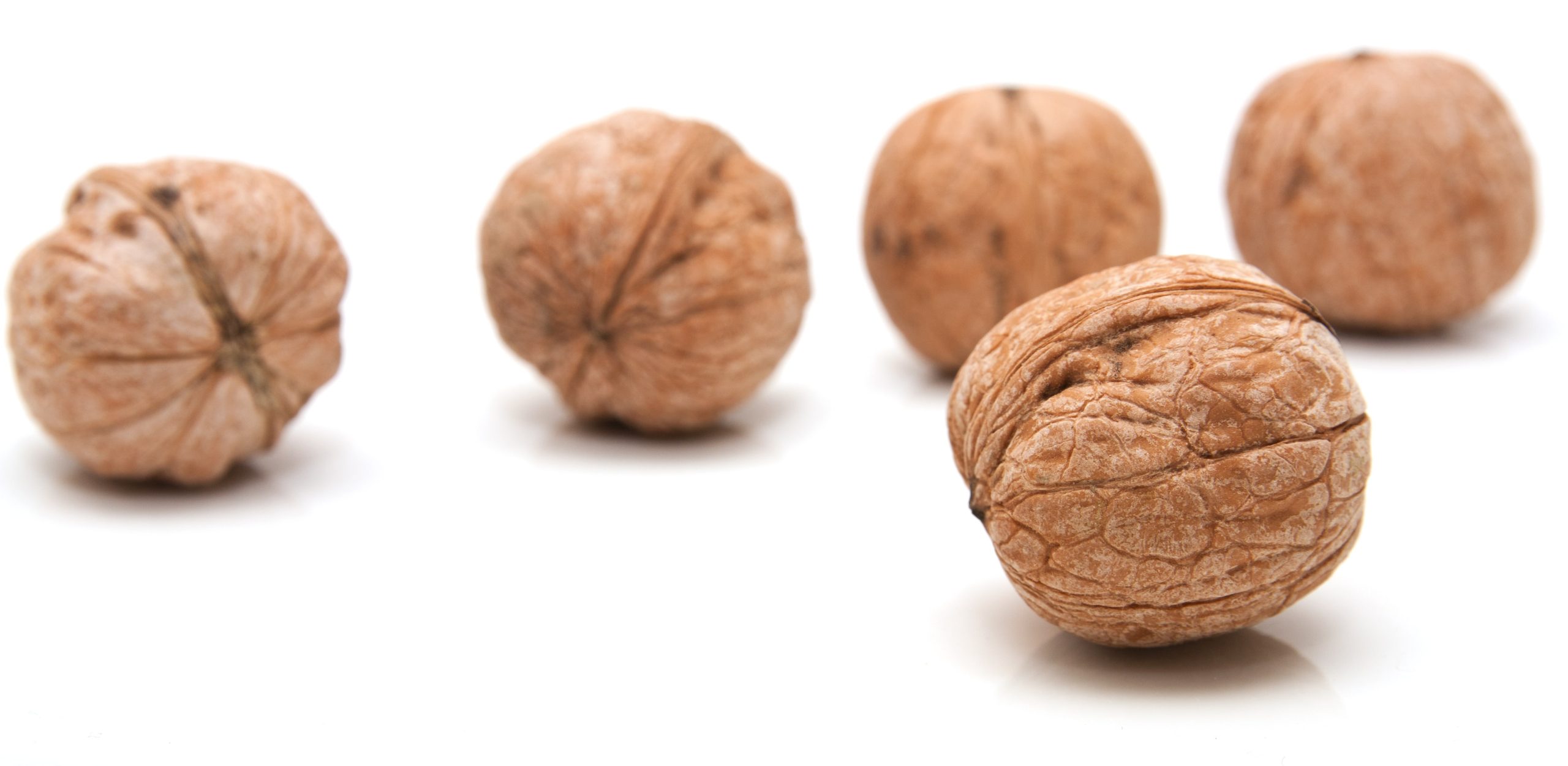
SESAME: THE MIRACLE SEED!
Sesame is an important nutritional product, which has proven nutritional benefits, while at the same time it helps to reduce blood pressure, improve lipid profile and anti-oxidant capacity in postmenopausal women and protect against the pain and symptoms of osteoarthritis of the knee.
Hypertension is a major risk factor for cardiovascular disease, myocardial infarction, stroke and kidney failure. It has been scientifically proven that sesame consumption can benefit blood pressure due to its high content of polyunsaturated fatty acids, fibre, phytosterol and lignans
This is also pointed out in the scientific study by khosravi-Boroujeni entitled “Can sesame consumption improve blood pressure? Asystematic review and meta-analysis of controlled trials”, according to which the consumption of sesame by 843 participants, a significant sample of the study, reduced systolic and diastolic blood pressure compared to the control group.
In terms of protection against the pain and symptoms of osteoarthritis of the knee, daily consumption of sesame can reduce symptoms and especially pain in people suffering from osteoarthritis of the knee, to a greater extent compared to medication with painkillers.
The above evidence is supported by a plethora of clinical studies, one of which is the scientific publication by Khadem Haghighian M, Alipoor B, Malek Mahdavi A, (Etc) entitled “Effects of sesame seed supplementation on inflammatory factors and oxidative stress biomarkers in patients with knee osteoarthritis”, which was designed to assess the effect of sesame seed supplementation on inflammation and oxidative stress in patients with knee osteo.
Fifty patients with knee OA were divided into two groups, 25 patients in the control group received 40 g of placebo daily, while 25 patients in the group received 40 g of sesame seed daily for two months along with standard medical therapy. It has been shown that sesame seed is a natural and safe substance that may have beneficial effects on patients with knee OA and may offer new complementary therapy for these patients.
In addition, the contribution of sesame consumption in postmenopausal women is particularly important. Ingestion of sesame has been shown to improve blood lipids and antioxidant capacity in humans. Cisamine, a cisaminic lignan, was recently reported to be converted by intestinal microflora to enterolactone, a compound with estrogenic activity, which is known to belong to the phytoestrogens.
The study by Wu WH, Kang YP, Wang NH (etc) entitled “Sesame ingestion affects sex hormones, antioxidant status, and blood lipids inpostmenopausal women”, was designed to investigate the effect of sesame ingestion on blood hormones, lipids, tocopherol and ex nino LDL oxidation in postmenopausal women.
Twenty-six healthy adults were followed. Half of them consumed 50 grams of sesame seed powder daily for 5 weeks. The other half of the sample of people took 2 supplements with a placebo.arthritis.
After sesame treatment, total cholesterol, LDL, LDL to HDL ratio, active substances in oxidized LDL in serum were significantly reduced by 5, 10, 6, 23 and 18%, respectively.
The ratio of α- and γ-tocopherol increased significantly by 18 and 73%, respectively. Spherical globulin associated with sex hormone was significantly increased by 15 and 72% respectively after sesame treatment.
These results suggest that sesame intake benefits postmenopausal women by improving blood lipids, antioxidant status and possibly sex hormone status.











